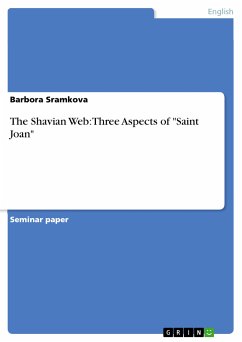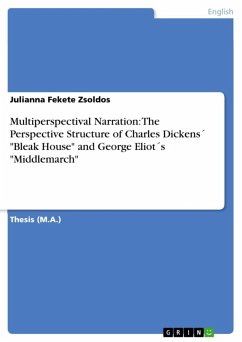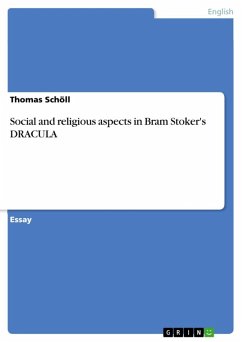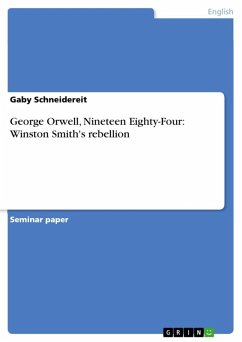Seminar paper from the year 1995 in the subject English Language and Literature Studies - Literature, grade: 1,3, Technical University of Berlin (Institu für Englische und Amerikanische Literaturwisenschaft), course: George Bernard Shaw, language: English, abstract: This paper concentrates on Shaw's understanding of history as it is manifest in his chronicle play Saint Joan. The attempted examination will be carried out along three aspects which are quite clearly discernible yet closely intertwined. Broadly speaking, these aspects could be called: 1. The historical; finding out how close is Shaw to the historical facts of which he was in full knowledge. 2. The dramatic; leaving aside the obvious "Stage Limits of Historical Representation" (Shaw's own wording in the Preface to the play) it shall be shown how Shaw exploits optimally the dramatic potential of Joan's story. 3. The didactic; this term being used for the sake of argument to cover Shaw's social, political and moral concerns. In the following chapters these three aspects will be shown in their mutual relation whereby attention will be paid to the question of their eventual hierarchy. What was Shaw's main goal when writing Saint Joan? Did he intend to tell what happened in France in the first half of the 15th century? Did he want to write a parable conveying pungent social criticism without having to be too explicit? Or did he just feel like writing a good play which Saint Joan undoubtedly is? In other words, I will try to work out the intentions underlying the interplay of the aspects mentioned above and show how these are determined by Shaw's weltanschauung, which is to say by his philosophical/religious conception of the creative evolution.
Dieser Download kann aus rechtlichen Gründen nur mit Rechnungsadresse in A, B, BG, CY, CZ, D, DK, EW, E, FIN, F, GR, HR, H, IRL, I, LT, L, LR, M, NL, PL, P, R, S, SLO, SK ausgeliefert werden.
Hinweis: Dieser Artikel kann nur an eine deutsche Lieferadresse ausgeliefert werden.









